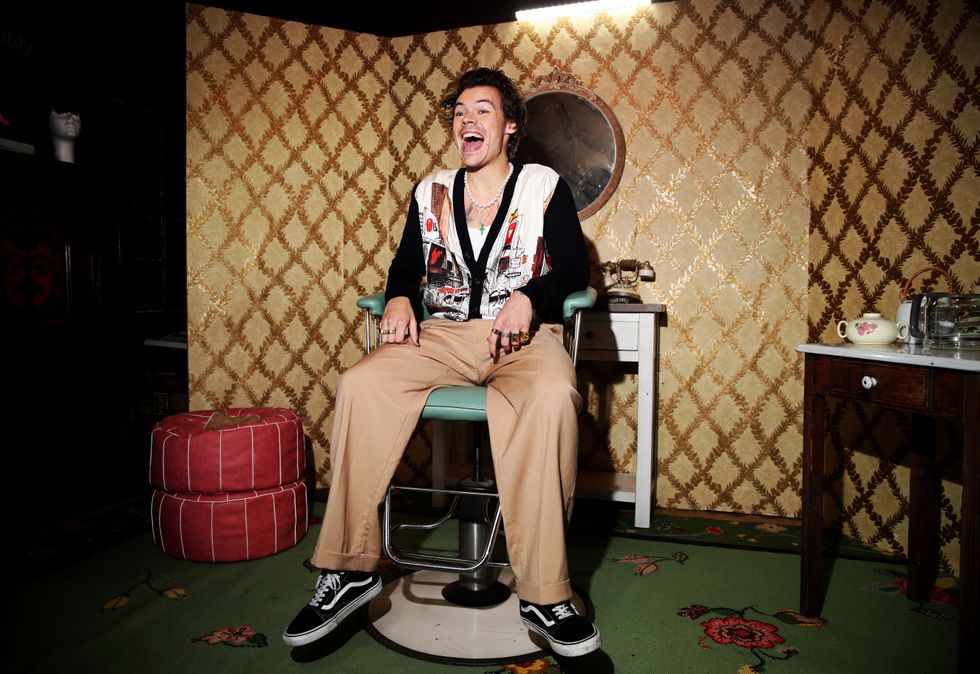Ethnic minorities in the UK have experienced disparities in end-of-life care, particularly during the Covid pandemic.
Research indicates that existing policies have disproportionately affected individuals from ethnically diverse groups, leading to unfavourable outcomes, Care Home Professional reported.
Contributing to these disparities is a lack of understanding among healthcare providers about the difference between equal and equitable care, resulting in distress and unequal treatment.
To bridge this knowledge gap and enhance end-of-life care, a team led by Sabrina Bajwah from the Cicely Saunders Institute at King's College London's Faculty of Nursing, Midwifery & Palliative Care has developed an educational film.
The film, funded by the Medical Research Foundation, was collaboratively created with a focus group comprising ethnically diverse patients and health professionals.
The work offers timely guidance to bridge the divide between individuals who receive the best and most comprehensive end-of-life care and those who receive the least and poorest care.
The film, while impactful, remains sensitive in its approach.
It incorporates the voices and experiences of patients, bereaved relatives, and healthcare professionals to foster a deeper understanding of the unique needs of individuals from ethnically diverse backgrounds, the importance of addressing these needs, the distinction between equality and equity, and strategies to deliver equitable care.
Bajwah, the project lead and a clinical senior lecturer, highlights the significance of reducing the gap between the best and worst end-of-life experiences.
Although the research and film primarily focus on ethnically diverse groups, the recommendations for reducing health inequalities are relevant to all underserved populations across different healthcare specialties and settings.
Toby Porter, chief executive of Hospice UK, commends the film as an essential and well-crafted resource.
He emphasises the importance of mandatory viewing among palliative care professionals, as it effectively conveys the need for equitable treatment within the palliative care system.
Porter acknowledges the efforts of hospice colleagues striving for more equitable access to care, underscoring the significance of recognising and addressing existing disparities to drive progress and improvement.

















 Harry Styles attends Spotify Celebrates The Launch of Harry Styles' New AlbumGetty Images
Harry Styles attends Spotify Celebrates The Launch of Harry Styles' New AlbumGetty Images  Harry Styles leaves following the funeral of singer Liam Payne Getty Images
Harry Styles leaves following the funeral of singer Liam Payne Getty Images 